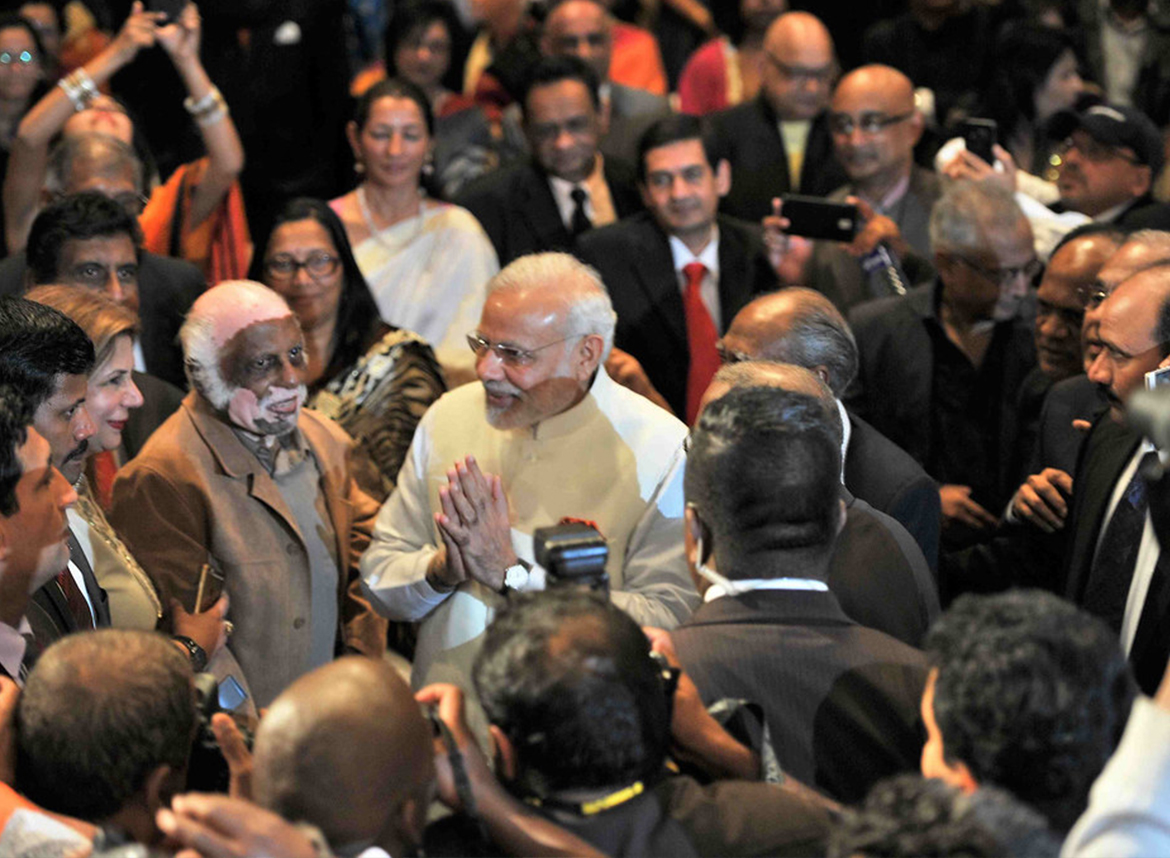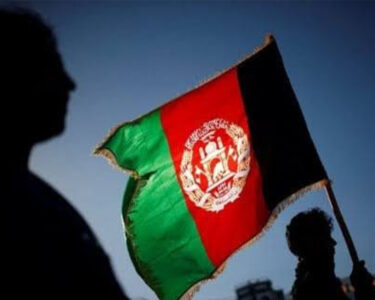Source
Populism has redefined India’s political landscape, influencing governance, policy-making, and social cohesion. While it has mobilized large segments of the population and amplified national pride, populism has also introduced significant challenges to democratic norms, economic stability, and long-term policy goals. In India, populist leaders position themselves as champions of the “common people” against an “elite” that allegedly controls or manipulates the government for its own benefit. Often, this message resonates through themes of nationalism, religious identity, and the promise of representing marginalized communities. With its vast socio-economic diversity, India provides fertile ground for populist rhetoric, appealing to sentiments of cultural pride, sovereignty, and resistance to external influence.
Populist tactics in India frequently emphasize Hindu nationalism, economic promises, and the strategic use of social media. These factors have energized the political landscape but also raise concerns about transparency, sustainable growth, and inclusivity in governance. Populism often disrupts traditional political institutions by concentrating power within the executive branch. In India, this has been seen in the increasing authority vested in the Prime Minister’s office, sidelining legislative and judicial branches and weakening the checks and balances fundamental to democracy.
Populist leaders bypass traditional democratic procedures by positioning themselves as direct representatives of the people’s will. Major policy decisions, such as the revocation of Article 370, were executed swiftly, with limited public debate, challenging the principles of democratic transparency and accountability. This approach risks undermining India’s democratic norms by stifling dissent and weakening opposition voices within government institutions and civil society. Populist leaders in India often advocate short-term, people-oriented policies like direct cash transfers, subsidies, and farm loan waivers, appealing directly to voters’ immediate needs. While these measures offer temporary relief, they place considerable strain on the national budget and often lead to unsustainable fiscal deficits.
Populism in India has heightened communal tensions by politicizing identity and religion. Populist leaders often emphasize Hindu identity to build support among the majority, sometimes at the expense of religious minorities, leading to social polarization. Policies like the CAA and the NRC have been sources of contention. Supporters argue these policies safeguard national identity, yet critics see them as divisive and exclusionary. Such policies can undermine social cohesion, redirecting resources from essential services to managing unrest and social discord. Furthermore, this has led to a rise in incidents of violence, discrimination, and harassment, undermining India’s secular identity and pluralistic heritage.
Populism has transformed India’s media environment, with leaders extensively using social media platforms like Twitter, Facebook, and WhatsApp to communicate directly with the public. While this has democratized information access, it has also led to misinformation and the spread of propaganda, fueling divisions and sensationalism. Mainstream media has often aligned with populist narratives, and press freedom has seen a decline. Reporters Without Borders has noted a slide in India’s press freedom index, with journalists facing censorship, threats, and limitations on free reporting. This climate undermines informed public discourse and hinders the media’s ability to hold the government accountable, posing risks to transparency and robust governance.
India’s foreign policy has taken on an assertive tone under populist leadership, prioritizing national pride and autonomy. While this approach has strengthened domestic support, it risks straining relationships with neighboring countries and heightening regional tensions, as seen in border disputes with China and Pakistan. India’s selective global alignment reflects a populist preference for autonomy and self-reliance but limits its ability to engage effectively on issues like climate change, trade, and technological cooperation. Although populism boosts India’s image as a sovereign and independent power, it may hinder long-term global partnerships necessary for mutual growth. A defining characteristic of populist governance is its focus on quick wins over long-term planning. In India, populist-driven policies often prioritize projects based on their electoral appeal rather than strategic need. Infrastructure projects may be prioritized in politically favorable regions, while neglected areas receive limited attention.
Populist governance also threatens the independence of civil servants and experts, who may face pressure to align with the ruling party’s agenda. This can lead to compromised policy quality, with inadequate emphasis on complex issues like healthcare, education, and environmental sustainability. By catering to immediate electoral gains, populism may jeopardize India’s ability to tackle long-term development challenges effectively.
One of the starkest criticisms of populism in India is its tendency to erode democratic values and weaken governance. By centering power in the executive and dismissing opposing views, populist governance marginalizes diverse perspectives essential to a functioning democracy. Legislative debates and policy transparency are often sidelined, making governance less inclusive and representative. Populism’s tendency to favor popular approval over expert input can lead to impulsive decision-making. For instance, demonetization in 2016 – a populist policy aimed at reducing corruption – led to severe cash shortages and economic disruption, disproportionately affecting low-income communities without achieving its primary objectives. These populist decisions, lacking comprehensive planning, reveal how short-term popularity can clash with good governance and public welfare. Moreover, by fostering divisive rhetoric, populism contributes to societal fragmentation, threatening India’s inclusive and pluralistic ethos. When governance aligns itself primarily with majority sentiment, it risks alienating minorities and eroding the secular values enshrined in India’s Constitution. Populism in India has both energized its democratic engagement and compromised its governance quality.
While it mobilizes citizens and enhances national pride, it has also led to centralization of power, fiscal strain, and social division. A sustainable approach to governance in India will require balancing populist enthusiasm with democratic values, inclusivity, and long-term planning.



